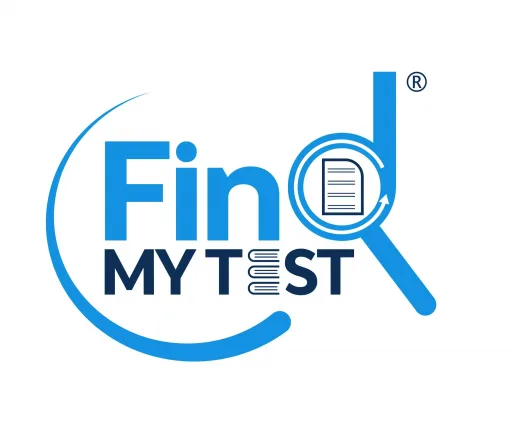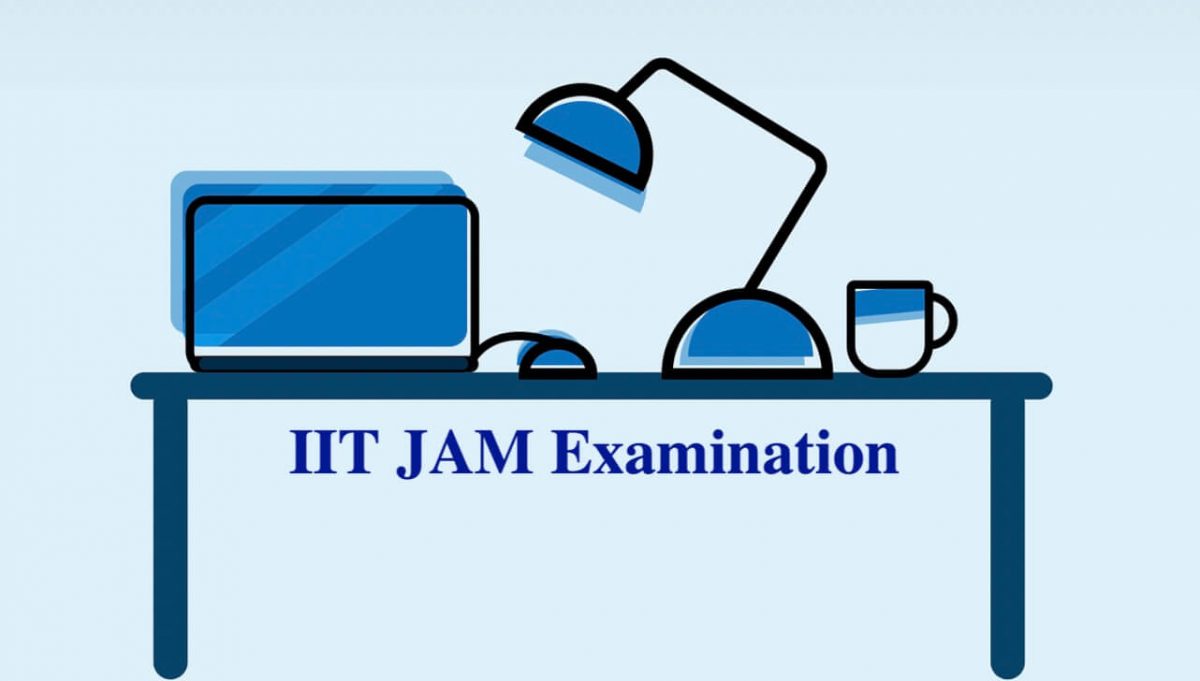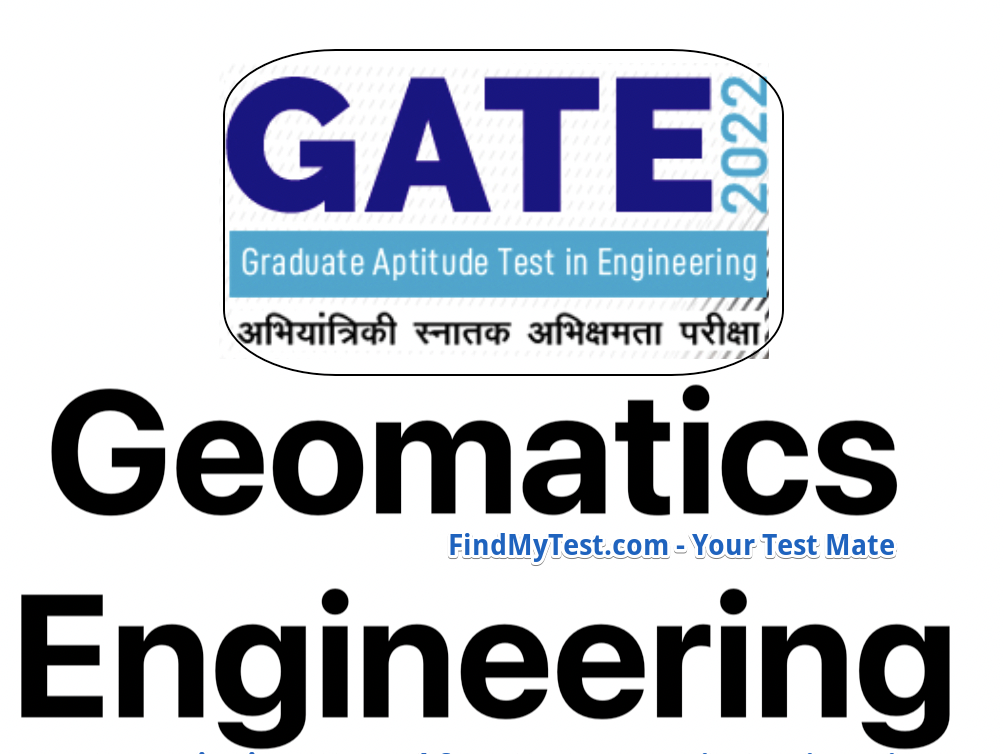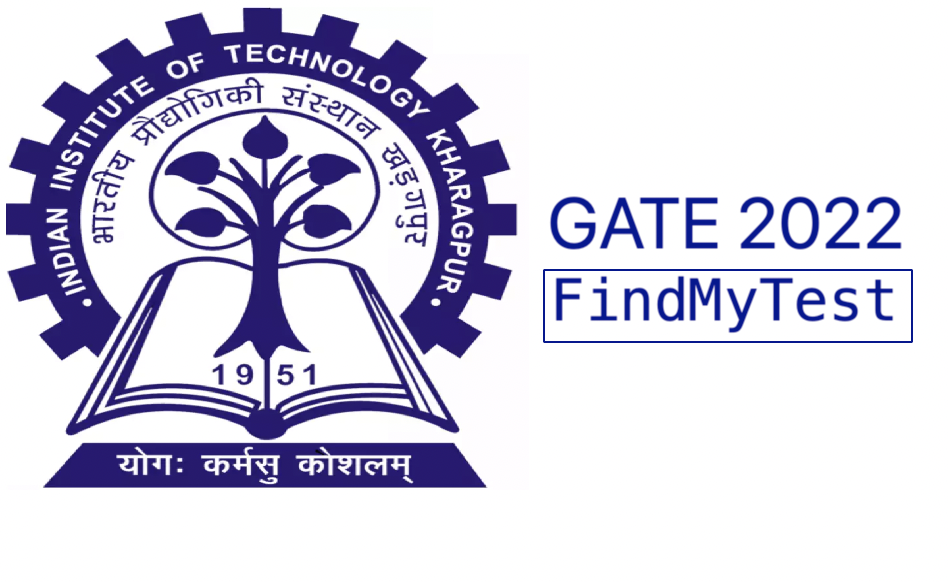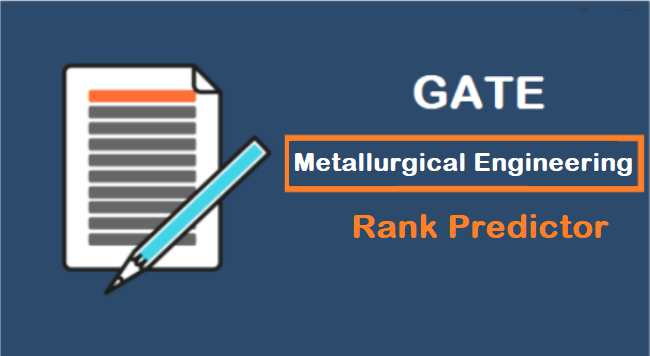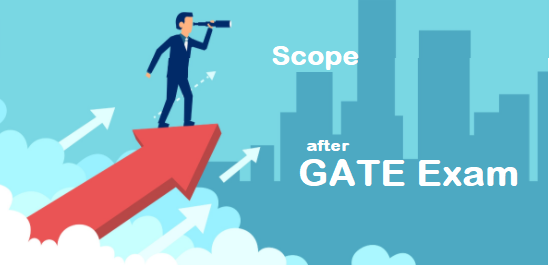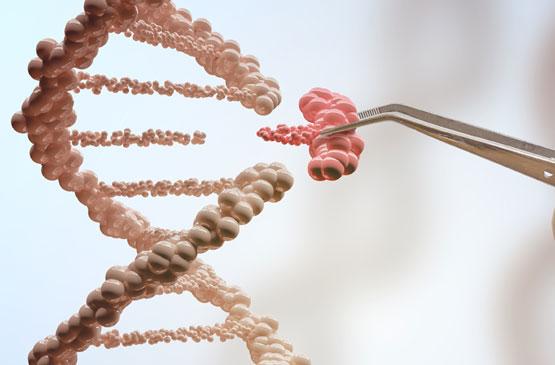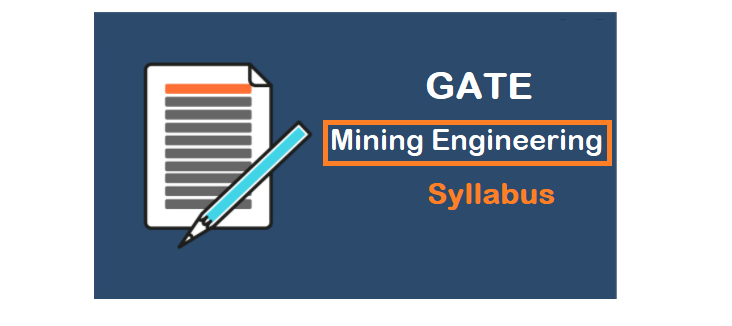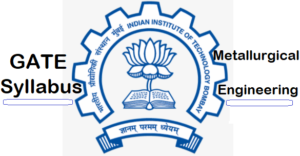The IIT JAM exam is a prestigious examination conducted for aspirants seeking admissions into M.Sc programs at the IITs/NITs/IISc.
Table of Contents
The exam serves as a gateway to exceptional academic opportunities, allowing students to pursue their passion in various science disciplines.

The Joint Admission Test for M.Sc. will be conducting in the month of February 2025. If you are looking for a better preparation then you should join FindMyTest for Best Online mock tests series.
The IIT JAM 2025 exam will take place next year, usually in February or March. Results are announced in March, and the exam is conducted by IIT Bombay. The final answer keys are also released on the same date.
The application process starts soon after the results are out, usually in the first week of April. The exam is held in two slots across more than 100 cities in India.
The morning session runs from 9 am to 12 pm and includes exams for Biotechnology, Physics, and Mathematical Statistics. The afternoon session, from 2:30 pm to 5:30 pm, includes Chemistry, Mathematics, Geology, and Economics. Most students prefer Chemistry & Mathematics.
What is IIT JAM Exam?
IIT JAM (Joint Admission Test for MSc) is a national-level exam conducted online by the Indian Institute of Technology. It aims to provide admissions to eligible candidates in various MSc and post-graduate courses offered by IITs and other institutes.
IIT JAM Exam 2025
Here are some key features of IIT JAM:
- Exam Name: Indian Institute of Technology Joint Admission Test for M.Sc.
- Conducting Body: IIT Bombay
- Exam Level: National-level Post-graduate Exam
- Frequency: Once a year
- Mode of Exam: Computer-Based Test (CBT)
- Total Applicants: Approximately six lakh
- Courses Offered: MSc and Integrated PhD
- Exam Fees: Varies according to category and number of papers
- Exam Duration: 3 hours
- Number of Papers: Seven, each with 100 marks
- Total Questions: 60
- Marking Scheme: Differential marking scheme with 1 and 2 marks
- Language: English
- Colleges Accepting Scores: IITs, IISc Bangalore, NITs, and CFTIs
- Total Seats: 2,906
- Number of Exam Cities: 103
IIT JAM 2025 Answer Key
The answer keys for IIT JAM 2025 are usually released in March, with provisional keys possibly available in February. You can challenge the provisional keys by paying a fee. Using the answer keys, you can calculate your scores and predict admissions.
IIT JAM Exam 2025 Cutoff
The cutoff for IIT JAM 2025 can be found on the official website. It’s released after the results and depends on the category and subject. Meeting the cutoff increases your chances of admission.
IIT JAM 2025 Counselling
IIT JAM Counselling is conducted by IIT Bombay starting from April. Admission is based on your IIT JAM 2025 scores. Originally, three rounds of admissions are planned, with more rounds if seats remain vacant.
List of IITs Accepting JAM Scores
- MSc Biotechnology: IIT Indore, IIT Bombay, IIT Roorkee
- MSc-PhD Dual Degree in Environmental Science and Engineering: IIT Bombay
- Integrated PhD Programmes in Biological Sciences: IISc Bangalore
- MSc Chemistry: Various IITs
- Joint MSc-PhD in Chemistry: IIT Bhubaneswar, IIT Kharagpur
- MSc-PhD Dual Degree in Environmental Science and Engineering: IIT Bombay
- Joint MSc-PhD in Atmosphere and Ocean Sciences: IIT Bhubaneswar
- Integrated PhD in Chemical Sciences: IISc Bangalore
- MSc-PhD Dual Degree in Energy: IISc Bangalore
IIT JAM Exam 2025 Application Process
The application process is entirely online. You need to visit the official website, fill out the form, and pay the fees online. Once done, you’ll receive a confirmation email.
IIT JAM 2025 Eligibility Criteria
To appear for IIT JAM 2025:
You must have completed your bachelor’s degree with 6 CGPA/55% & 6.5 CGPA/60% (Gen & Reserved category). If you’re appearing for your graduation in 2025, you’re eligible.
IIT JAM 2025 Admission Process
To apply:
- Fill out the online form on the JOAPS link.
- Pay the fee online.
- Download the admit card.
- Check the exam centre.
- Attend the exam.
- Fill out the admission form.
- Pay the processing fee.
- Check the admission list.
- Submit the acceptance form.
- IIT JAM 2025 Exam Centres
The exam will be held in over 100 centres across India, including two new centres in Haldwani & Port Blair.
IIT JAM 2025 Pattern
The exam is 3 hours long with 60 questions, including MCQs, MSQs, and NATs. There’s a negative marking scheme, so be cautious.
IIT JAM Preparation Tips
To crack the exam:
IIT JAM 2025 Mock Test
- Plan in advance.
- Understand the syllabus and question pattern.
- Prepare using the right material.
- Solve previous year’s papers.
- Take mock tests.
Mock tests give you a feel for the exam. Take them on the official website.
IIT JAM 2025 Admit Card
Download the admit card from the official website using your registration details.
IIT JAM Exam Mock Tests
Check our tests series, Visit the given links below.
IIT JAM Mathematics Test Series
FAQs
1. When will the IIT JAM 2025 result be released?
Answer: Results are usually out by March/April.
2. When will the IIT JAM 2025 be conducted?
Answer: The exam will be held in February/March.
3. Is the IIT JAM exam difficult to crack?
Answer: With proper preparation, it’s manageable. Findmytest Mock tests series and their proper guidance can help to crack.
4. How many exams are there in IIT JAM?
Answer: There are 7 subjects given below:
Economics, Chemistry, Mathematical Statistics, Mathematics, Physics, Geology and Biotechnology
5. What is the eligibility for IIT JAM?
Answer: You need a bachelor’s degree to appear in the JAM exam.
